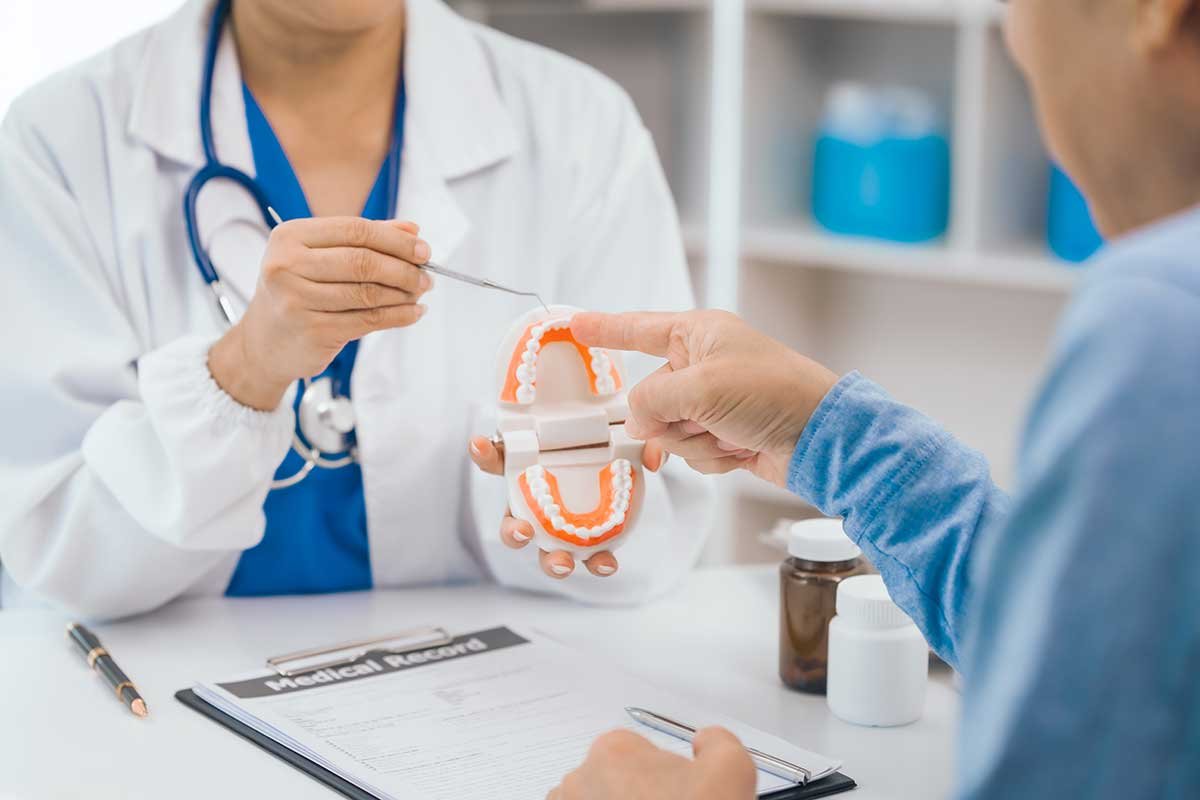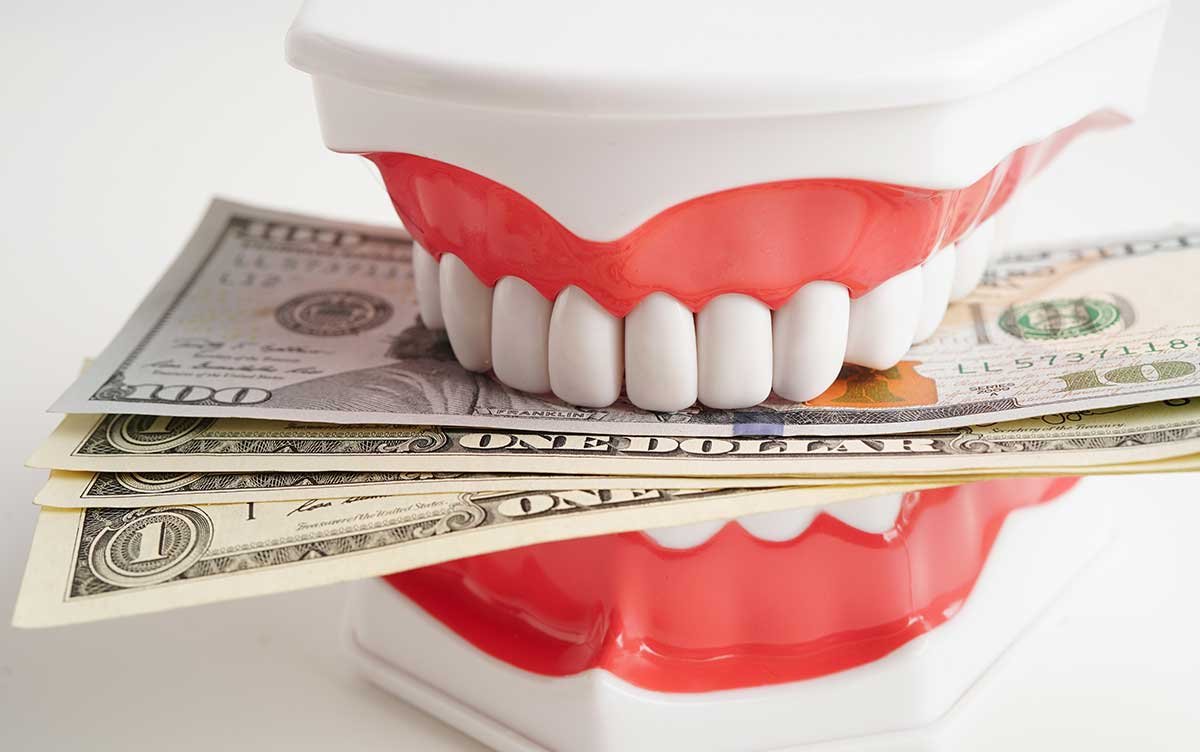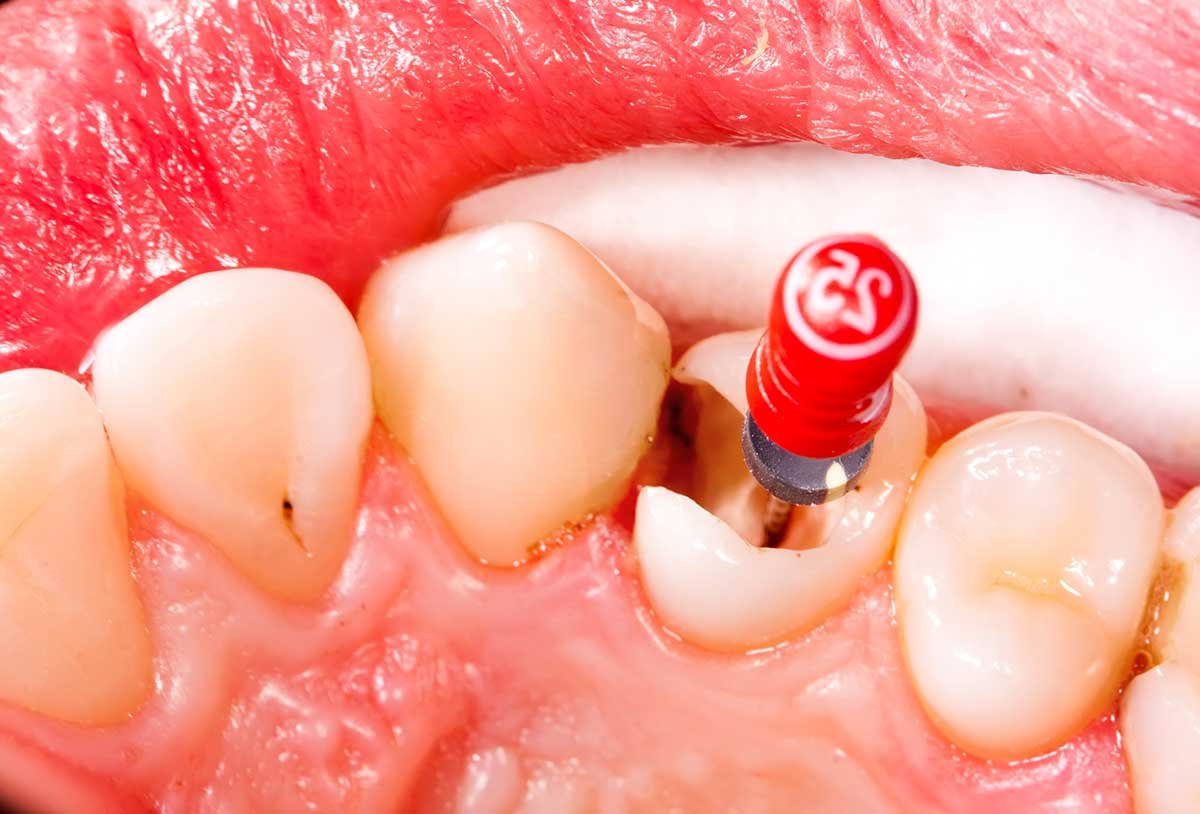Wondering why antibiotics are prescribed after a root canal or what happens if you don’t take antibiotics after root canal therapy? You’re not alone. In this article, Dr. Implant Dentist breaks down when antibiotics are necessary, when they aren’t, and what this means for future treatments like dental implants.
Are Antibiotics Always Needed After a Root Canal?
According to the American Dental Association and American Association of Endodontists, antibiotics are not routinely required after a root canal. In most cases, the procedure itself effectively removes the infection.
However, antibiotics after a root canal may be prescribed in the following situations:
- Persistent swelling or infection in surrounding tissues
- Patient has a compromised immune system
- Systemic symptoms like fever
- Underlying medical conditions requiring prophylaxis
What If I Don’t Take Antibiotics?
Patients often ask: What happens if I don’t take antibiotics after a root canal? If your dentist prescribed them for a specific reason—like active infection—skipping them could lead to serious complications, including:
- Infection spreading to bone or adjacent tissues
- Persistent pain or swelling
- Delayed healing or treatment failure
However, if your dentist says they’re unnecessary, there’s no benefit to taking antibiotics “just in case”—and it may contribute to antibiotic resistance.
Antibiotics Before a Root Canal
Sometimes, patients take antibiotics before root canal treatment to reduce inflammation or infection. But antibiotics before a root canal should not delay the actual procedure. Prompt treatment is key to stopping the infection at its source.
Are Antibiotics Needed Before a Dental Implant?
In some cases, patients who’ve had a root canal and are preparing for dental implant placement ask if they need antibiotic prophylaxis. The answer depends on your medical history, immune status, and presence of prior infection.
Do Antibiotics Help Prevent Infection After Root Canal?
In most cases, no. The root canal itself is designed to eliminate infection. If the infection persists or recurs, your dentist may prescribe antibiotics or recommend retreatment. But they are not a substitute for proper cleaning and sealing of the root canal system.
Trust Your Dentist’s
So, do you really need antibiotics after a root canal? Often, the answer is no. But in specific cases, such as immune compromise or active infection, they can be essential. Always follow your dentist’s instructions and never self-medicate.
At Dr. Implant Dentist in Tijuana, we assess each patient individually to ensure you receive the safest, most effective treatment for your oral health.



